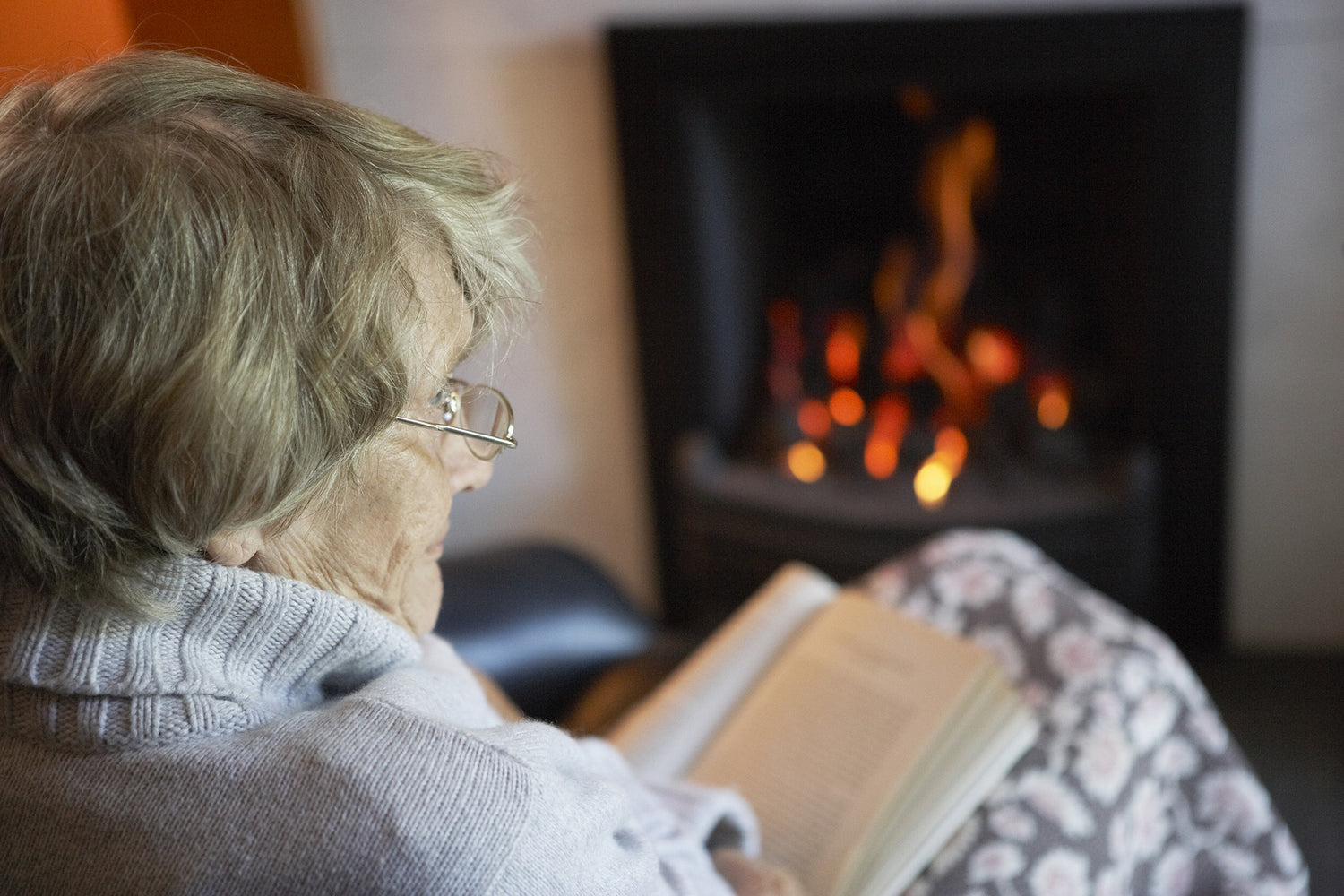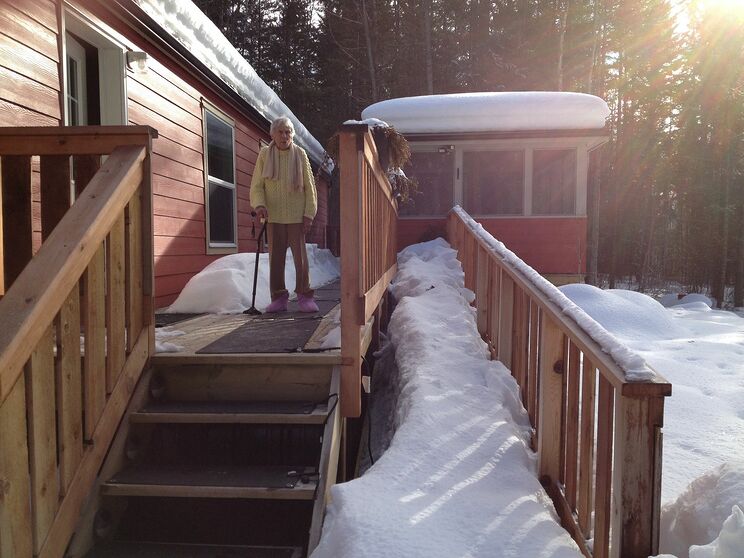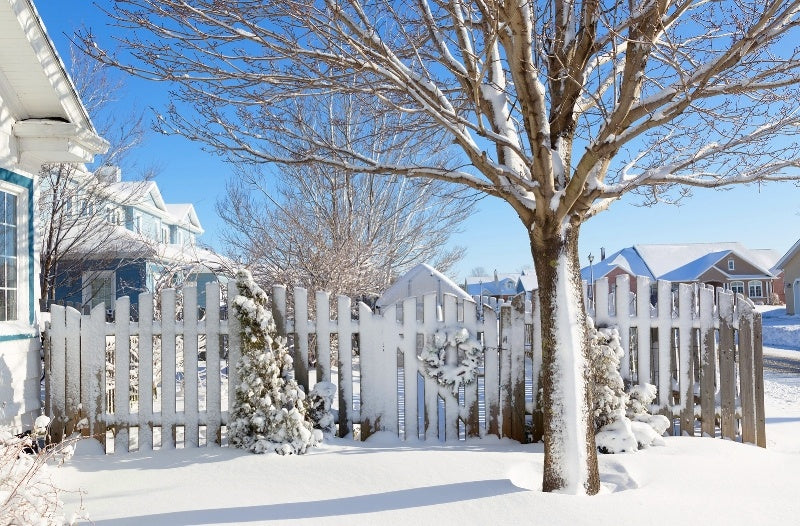Winter is in full swing, which can mean different things for different people. For some, it means ski trips, while for others it's a chance to catch up on some quality hobby time at home. But for seniors in particular, one thing is unanimous: winter can be hazardous to your health.
In addition to slips, pulmonary issues, and winter-related accidents, one major risk category that comes along with the drop in temperature is hypothermia, frostbite, and other illnesses that occur when the body gets too cold.
Remember, as you get older:
- You don’t feel the temperature changes as much, so you might not even be cognizant of the fact that it’s too cold in your home.
- Your body doesn’t regulate its temperature like it used to.
- You are less likely to be as active as you once were, making it harder to maintain body temperature.
- More than 50% of hypothermia fatalities occur in the elderly.
This is why it’s so important for you to take proactive steps towards keeping yourself warm when the weather gets colder. Here are some easy ways for you to ward off the chill this winter.
Dress for (warm) success
It may sound obvious, but dressing warmer in the winter is one of the easiest ways to keep body temperatures stable and healthy, and yet some neglect its importance. Whether you are going out or staying in, make sure you wear appropriate seasonal clothing that will keep body heat circulating throughout your body.
Indoors: Just because you’re staying inside doesn’t mean you don’t have to protect your body from the cold. Wear multiple layers, including thermals, lightweight sweaters, and hats. Keep layers thin so that you aren’t bogged down or restricting your movement under the bulkiness of thicker clothing.
Outdoors: Outdoor temperatures can be brutal for a senior citizen. In general, if you don’t have to go out, stay inside. If you have to go out, dress appropriately. Wear scarves, gloves, extra socks, hats, and heavy coats. Make sure all of your skin is covered.
Note: While it is not recommended to spend a lot of time outdoors during the winter, it’s also important not to fall out of touch with people completely. Isolation can lead to depression, which is more common in the winter months. So keep in contact with friends and family members, and arrange for visits periodically, even if it means venturing out into the cold.
Stay hydrated
It’s harder to get down those daily eight cups of water in the winter because, frankly, you’re just not as thirsty as you are in the summer months. It’s important to make a conscious effort to stay hydrated during the winter, though, as this will contribute to better health maintenance all around.
Drink warm beverages such as tea and broth to give you the added benefit of a temperature boost.
Checking heating units
At the beginning of the winter season (or even before, if possible), all heating units should be checked to ensure that they’re running properly. All electric components should be tested, batteries changed, and manual systems cleaned and run for efficiency.
Additionally, the home should be kept at a constant 68°F(20°C). A common practice among seniors living alone is to lower the thermostat in the home to save on the electric bill; but this is one area you don’t want to skimp on. After all, the medical bills that you’ll accrue after getting sick from being in a too-cold home will certainly outweigh the slight increase in your electric bill for a few months.
Eating right
Once again, eating right will give your body the nutrients it needs to maintain a healthy system and fight off the hazards that winter brings with it. Eat small, balanced meals, have fruits and vegetables planned into your diet, and avoid junk food in excess. And because of the high water content in fruits and vegetables, eating these will also help keep you hydrated.
Stay warm & comfortable
Winter can be an enjoyable time for reading a good book, sitting down to organize an old photo collection, or checking items off of your house chores to-do list. By keeping active and warm using these tips, you will allow yourself to have the healthy and pleasant winter you deserve.
If you are reading this article to help care for an elderly friend or relative, then check out this article for a more comprehensive look at what you can do to help.


